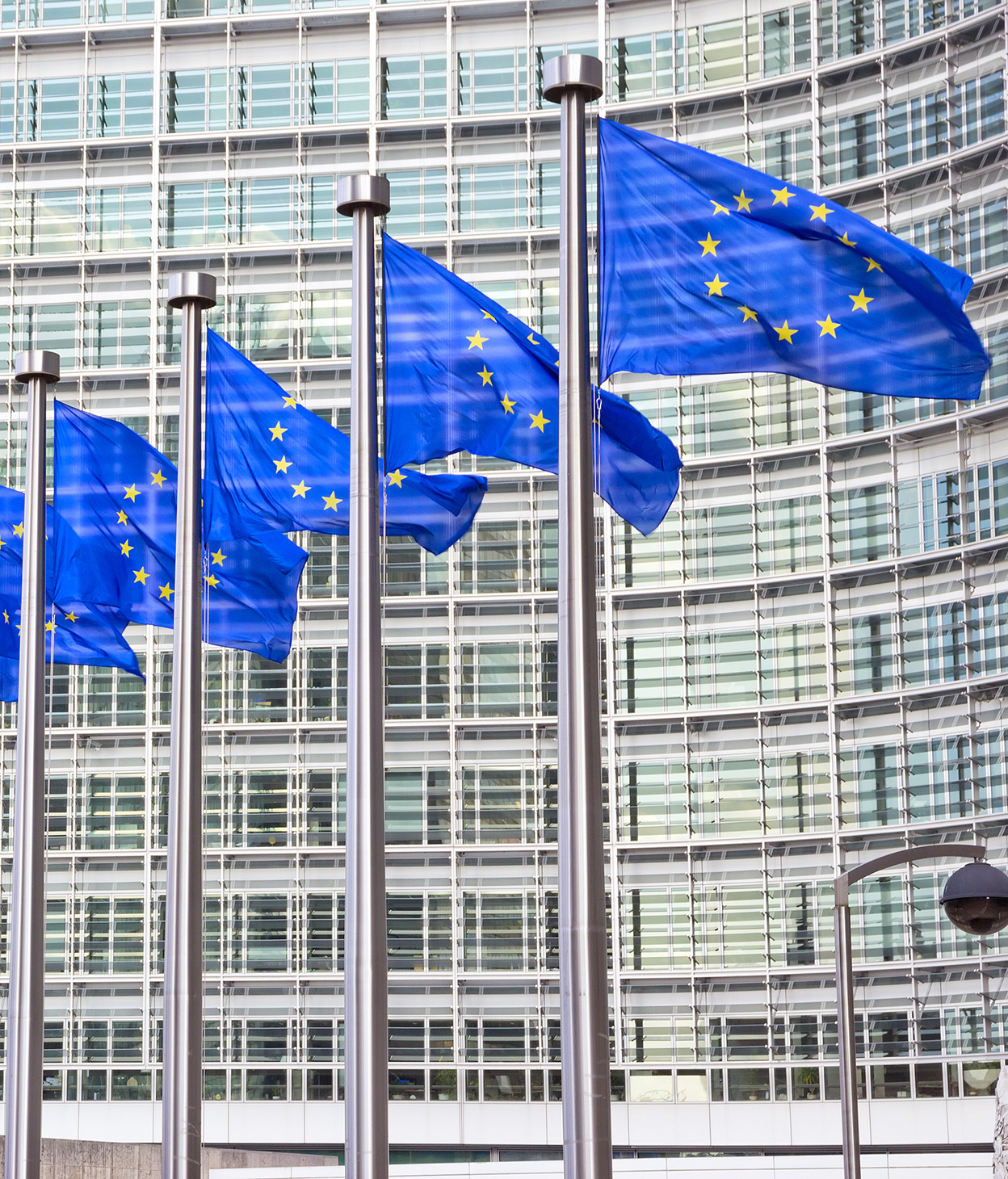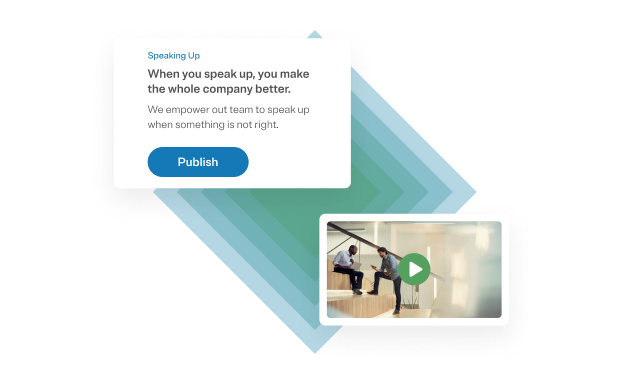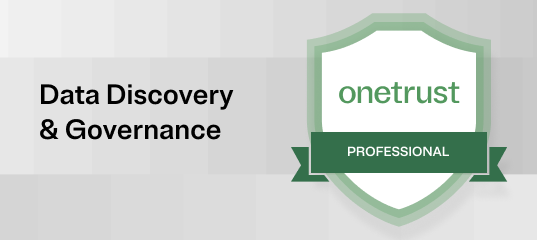Our solutions allow you to create a speak-up culture and manage the entire whistleblower reporting process from setting up flexible, anonymous reporting channels to local case management and disclosure.
EU Whistleblower Protection Directive Compliance
A trusted approach to achieving EU Whistleblower Directive compliance
Ensure safe, anonymous reporting and protect whistleblowers with the OneTrust Ethics and Compliance Cloud.

Your centralized source for compliance and risk management
Maintain dedicated hosting and GDPR-compliant data storage in the EU, make frequent updates, and monitor regulatory developments to ensure the highest level of security and data privacy controls.

Prevent retaliation with built-in follow-up reminders to stay compliant with the EU Directive’s “reverse burden–of proof" while protecting reporter anonymity. Create a safe atmosphere for reporting and deliver feedback on investigations.

Our European, GDPR-compliant call center supports 300 languages and web intake is equipped for 54 languages – all to ensure accurate, complete capture of case detail.

FAQs
We cover some basics of the EU directive, including its definition, who it is applicable to, and the requirements companies must follow.
The directive applies to public and private companies that have 50 or more employees or have an annual turnover or total assets of more than €50 million. It also covers local authorities that provide services to more than 10,000 people. Companies that also provide financial services or are at risk money laundering or terrorist financing are affected. It also requires that an organization’s subsidiaries with 250 or more employees also set up their own reporting channels and not be fully reliant on their parent companies' central channels.
It requires companies to provide internal reporting channels, educate employees about whistleblowing procedures, safeguard whistleblowers who report breaches of union law, and protect reporters from the risk of retaliation. It mandates the creation of internal and external reporting channels, acknowledge receipt of the report within seven days, and allows the whistleblower to review, approve, or edit their report.
For more information, see The Ultimate Guide to Complying with the EU Whistleblowing Directive.
With potentially 27 different whistleblowing laws in the EU, compliance can be a complicated endeavor. Our ethics and compliance solutions assist you in creating a whistleblowing system with multi-channel helplines, managing cases efficiently, protecting whistleblowers, and training employees on the protection the directive offers. We also provide access to the world’s largest privacy legislation database so you can stay updated on the latest changes.









